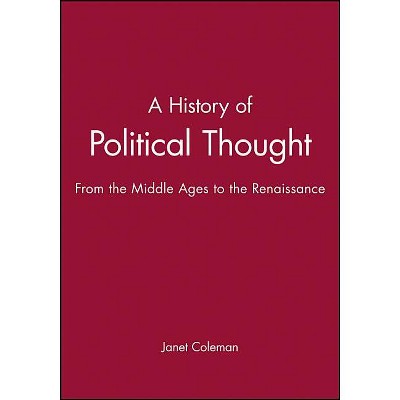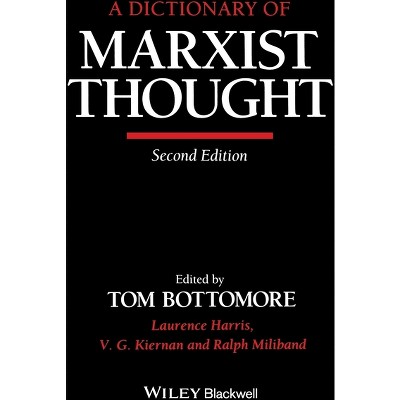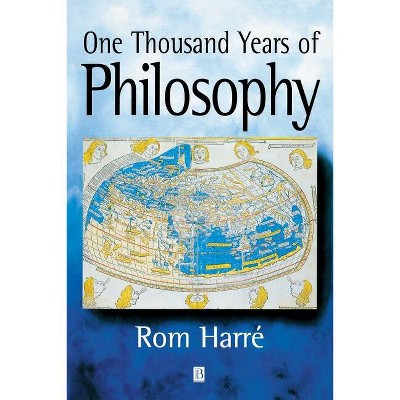Sponsored

Thought in a Hostile World - by Kim Sterelny (Paperback)
In Stock
Sponsored
About this item
Highlights
- WINNER OF THE 2004 LAKATOS AWARD!
- About the Author: Kim Sterelny is Professor of Philosophy at Victoria University of Wellington and at the Research School of Social Science at the Australian National University.
- 262 Pages
- Psychology, Cognitive Psychology & Cognition
Description
Book Synopsis
WINNER OF THE 2004 LAKATOS AWARD!
Thought in a Hostile World is an exploration of the evolution of cognition, especially human cognition, by one of today's foremost philosophers of biology and of mind.
- Featuresan exploration of the evolution of human cognition.
- Written by one of today's foremost philosophers of mind and language.
- Presents a set of analytic tools for thinking about cognition and its evolution.
- Offers a critique of nativist, modular versions of evolutionary psychology, rejecting the example of language as a model for thinking about human cognitive capacities.
- Applies to the areas of cognitive science, philosophy of mind, and evolutionary psychology.
From the Back Cover
Thought in a Hostile World is an exploration of the evolution of cognition, especially human cognition, by one of today's foremost philosophers of biology and of mind.The central idea of the book is that thought is a response to threat. Competitors and enemies make life hard by their direct physical effects. But they also make life hard by eroding epistemic conditions. They lie. They hide themselves. They seem other than what they are.
Sterelny uses this and related ideas to explore from an evolutionary perspective the relationship between folk psychology and an integrated scientific conception of human cognition. In the process, he examines how and why human minds have evolved. The book argues that humans are cognitively, socially, and sexually very unlike the other great apes, and that despite our relatively recent separation from their lineages, human social and cognitive evolution has been driven by unusual evolutionary mechanisms. In developing his own picture of the descent of the human mind, Sterelny further offers a critique of nativist, modular versions of evolutionary psychology.This volume will be of vital interest to scholars and students interested in cognitive science, philosophy of mind, and evolutionary psychology.
Review Quotes
"Written with both clarity and rigor, Thought in a Hostile World is a richly informed and sophisticated account of the evolution of complex cognition. Sterelny's arguments appeal, not so much because they reinforce our preconceptions - on the contrary, we are frequently challenged - but rather because they are informed, well-reasoned, and leave us with plenty to think about. Sterelny's book could aptly be renamed Clear Thought in a Muddled World and evolutionary psychologists, in particular, would benefit from reading it." Kevin N. Laland, University of St. Andrews
"This book is a godsend for anyone wanting to understand the evolution of human cognition without buying into the wholesale modularism of recent evolutionary psychology. Densely, but elegantly, written and replete with fascinating empirical detail, this book represents a major advance in the philosophical understanding of human cognitive evolution." Fiona Cowie, California Institute of Technology
About the Author
Kim Sterelny is Professor of Philosophy at Victoria University of Wellington and at the Research School of Social Science at the Australian National University. He is the author of The Representational Theory of Mind (Blackwell, 1990) and the co-author, with Michael Devitt, of Language and Reality (second edition, 1999) and, with Paul Griffiths, Sex and Death: An Introduction to Philosophy of Biology (1999).Shipping details
Return details
Trending Non-Fiction











